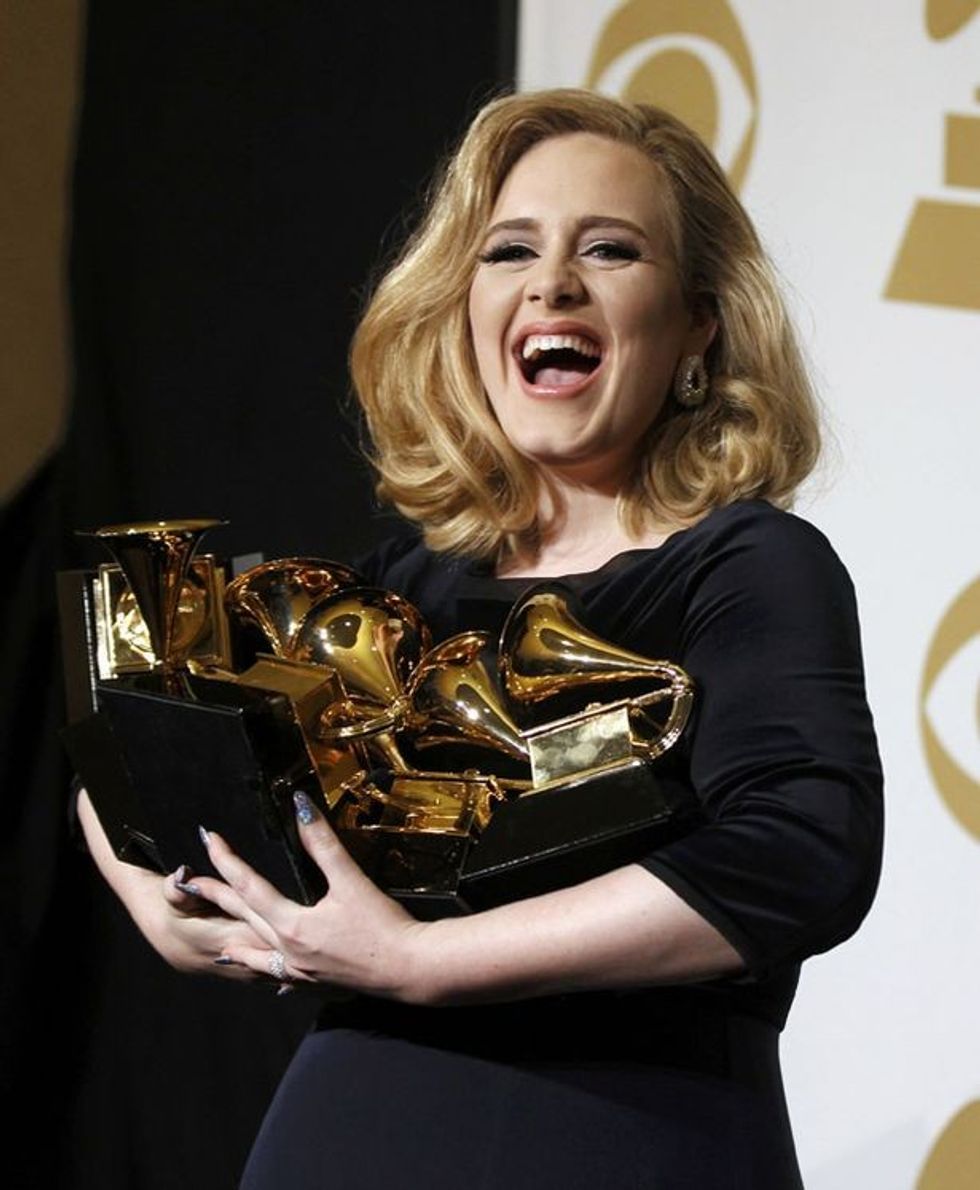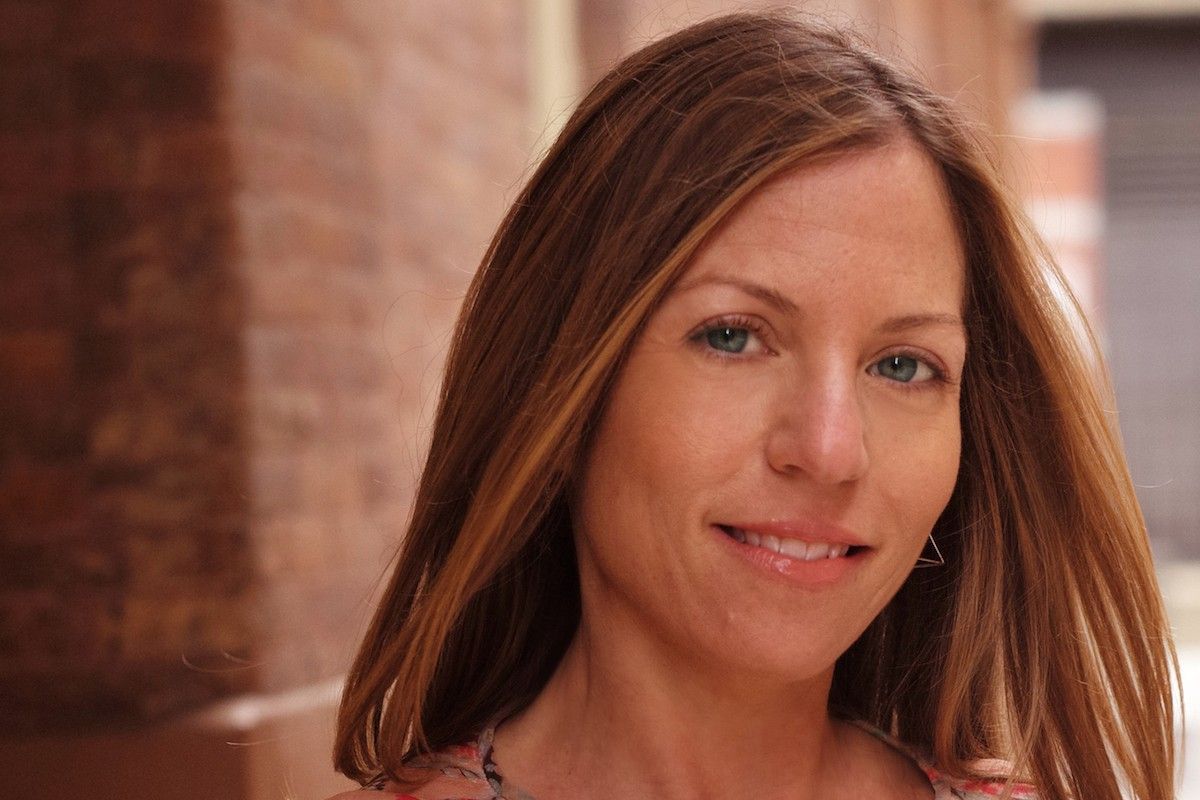Dave Charles Gongs Televised Award Shows For 'Becoming Boring'
This year, I celebrate 60 years in the media business. In this time, I’ve seen a lot of changes in how the industry promotes itself and its artists - some good, some not so good.

By External Source
This year, I celebrate 60 years in the media business. In this time, I’ve seen a lot of changes in how the industry promotes itself and its artists - some good, some not so good.
As President and Director of Marketing for CARAS from 1990 to 1994, I was there for some of the most significant years of the Juno Awards. Things are a lot different now than in those glory years and I think it’s time to lay down some home truths about award shows.
The main purpose of an award show is to celebrate the successes of our best artists and to promote the discovery of new artists and their music. Award show exposure can be powerful. Several new acts have emerged on the merits of performance on the Junos.
Unfortunately, that impact is becoming diminished.
You’ll get maybe 12 to 13 awards presented, interspersed with endless commercials. In an on-demand world, this really doesn’t inspire active music consumers to stay tuned throughout the show.
Given the costs involved and the ever-growing power of streaming video platforms, is network television really the best place for an awards show?
With diminishing ratings and a lack of interest in all demographics, award shows are not the ‘must see’ events they once were.
Over the last decade, and hastened by two years of Covid isolation, people are consuming content differently. Beyond time-shifting and appointment viewing, consumers are moving away from long-form television award shows and getting their results and show highlights on other content platforms in a much shorter and concise form.
Traditional awards shows are no longer smart promotional vehicles to promote current music trends which change at the click of the mouse. Active music fans know where and when to get their music information. They don’t wait around for annual award shows to tell them who’s hot and who’s not. The growing importance of Tik Tok to music consumers has been phenomenal and has changed the marketplace forever.
I think it's time for these award shows to start looking at alternative ways of promoting the industry’s best and upcoming star attractions.
Conversations I’ve had with award show executives have only confirmed that the award shows are facing difficult times.
Ratings are down and low ratings mean sponsorship will also be affected. If the show is not right for the times and not drawing viewers, business will not support it.
CTV and CBC know this.
Broadcasters make their decisions based on numbers, not hype.
For decades, only one company has produced most Canadian award shows but please don’t tell me that there aren’t other companies with younger and more innovative ideas to consider.
Shouldn’t the production of these shows be open to tender by other producers? In the real world, competition usually improves quality and lowers prices.
Award voting and inclusion are always contentious. Ask ‘The Weekend’ why he dissed the Grammys after producing the No. 1 selling song and album of the year in 2021.
Drake had similar experiences in previous years after being the No. 1 music artist in the world!
Oops, there it is!
Voting biases and academy politics should be exposed. It’s too obvious, but it needs to be said! I don’t for one minute doubt the sincerity of voting members, but the trading of votes has been a reality for a long time. It’s bogus and needs to be changed.
There are a lot of hard-working people with experience and business sense involved in these organizations who know what’s coming and can make a difference, but are too afraid to say anything.
The time for change is now. It’s 2022 and there must be a better way forward to promote and celebrate our best of the best.
















